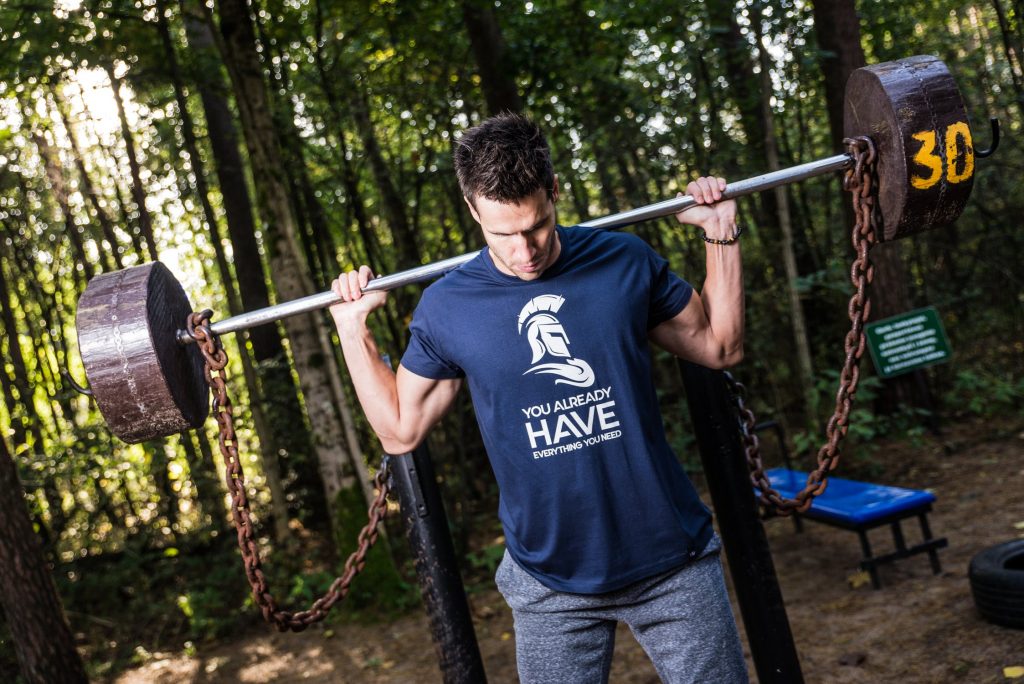Dehydration isn’t a good thing when you’re working out for many reasons. Water is vital in normal body processes and, thus, in keeping the body in optimum condition for efficient exercise. Without it, the body’s reactions slow down, the tissues heal slower, and the muscles recover slower, too.
In real terms, you will feel lethargic, dizzy, and drowsy when you’re nearly dehydrated. You will not be able to work out with focus and you will get cramps faster, both of which means you may have wasted 30 minutes of your time on exercise.
The bottom line: Drink before, during and after your workouts so you can dodge the dangers of dehydration! Here are things to remember about it.
Drink the Right Amount
You have to drink water before you exercise but don’t drink a gallon before doing your warm-up exercises – it isn’t healthy either. Instead, you should drink water throughout the day so that you’re well-hydrated during your workout.
Fitness experts recommend the following water intake:
- 15 to 20 ounces one to two hours before you work out
- 8 to 10 ounces about 15 minutes before your warm-up exercises
- 8 ounces every 15 minutes during your workout
These are general guidelines so you may have to drink more water in certain cases. You may, for example, drink up to 10 ounces of water every 15 if you’re sweating heavily.
You may also want to weigh yourself before you start working out and afterwards. Why? You can also determine the right amount of water to drink through changes in your weight, no matter how small it may have been. Gyms like Equinox usually have weighing scales so it should be an easy matter.
The general rule: Drink 16-20 ounces of water for each pound lost after your workout. You should ideally drink more water in case you lose weight with each workout.
Drinking sports drinks, soft drinks, and other types of cold drinks may sound great. But these are usually filled with sugar so these aren’t recommended. Water will more than suffice for rehydration purposes.
Don’t Over-drink Either
Yes, it’s possible to drink too much water and, in the process, exposed yourself to side effects. This is known as hyponatremia, a condition where the blood becomes excessively diluted with water.
The body’s sodium levels significantly drop so much so that nausea, confusion, fatigue and headaches happen. In extreme cases, the affected person can suffer from coma and even succumb to death.
As with all things in a healthy life, moderation is the key to getting the most benefit from drinking water before, during and after your workouts.
